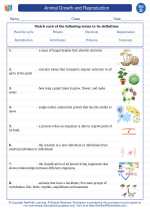Protozoa
Protozoa are single-celled organisms that belong to the kingdom Protista. They are eukaryotic, meaning they have a nucleus and other membrane-bound organelles. Protozoa are found in various aquatic and terrestrial environments, and some are parasitic in nature.
Classification of Protozoa
Protozoa are classified into different groups based on their mode of movement:
- Amoeboid protozoa: These protozoa move by the extension and contraction of their cell body, forming temporary extensions called pseudopodia.
- Ciliates: Ciliates have hair-like structures called cilia, which they use for movement and feeding.
- Flagellates: Flagellates have whip-like structures called flagella, which help them move through their environment.
- Sporozoans: These protozoa are non-motile and often parasitic, relying on a host organism for their survival.
Life Cycle and Reproduction
Protozoa reproduce asexually through processes such as binary fission, where a single cell divides into two identical daughter cells. Some protozoa also undergo sexual reproduction, involving the exchange of genetic material between individuals.
Ecological and Economic Importance
Protozoa play crucial roles in various ecosystems as they are important components of the food chain. They also contribute to nutrient cycling and decomposition. Some protozoa are used in bioremediation processes to clean up contaminated environments. Additionally, certain protozoa species can cause diseases in humans, animals, and plants, making them significant in the field of medicine and agriculture.
Study Guide Questions
- What are the defining characteristics of protozoa?
- Explain the different modes of movement in protozoa.
- Describe the life cycle and reproduction methods of protozoa.
- Discuss the ecological and economic importance of protozoa.
- Identify and explain the types of protozoa based on their classification.
Use this study guide to deepen your understanding of protozoa and prepare for class discussions and assessments!
[Protozoa] Related Worksheets and Study Guides:
.◂Science Worksheets and Study Guides Fourth Grade. Animal Growth and Reproduction
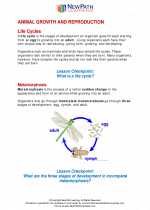
 Activity Lesson
Activity Lesson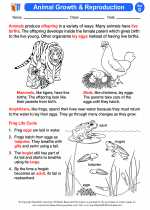
 Worksheet/Answer key
Worksheet/Answer key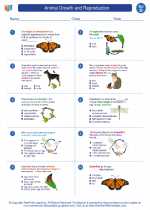
 Worksheet/Answer key
Worksheet/Answer key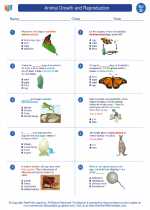
 Worksheet/Answer key
Worksheet/Answer key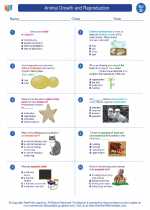
 Worksheet/Answer key
Worksheet/Answer key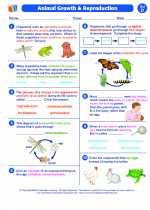
 Vocabulary/Answer key
Vocabulary/Answer key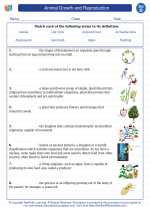
 Vocabulary/Answer key
Vocabulary/Answer key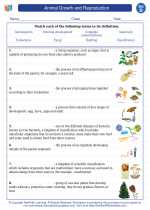
 Vocabulary/Answer key
Vocabulary/Answer key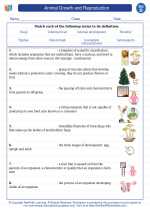
 Vocabulary/Answer key
Vocabulary/Answer key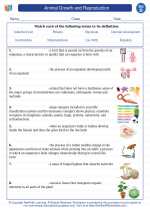
 Vocabulary/Answer key
Vocabulary/Answer key